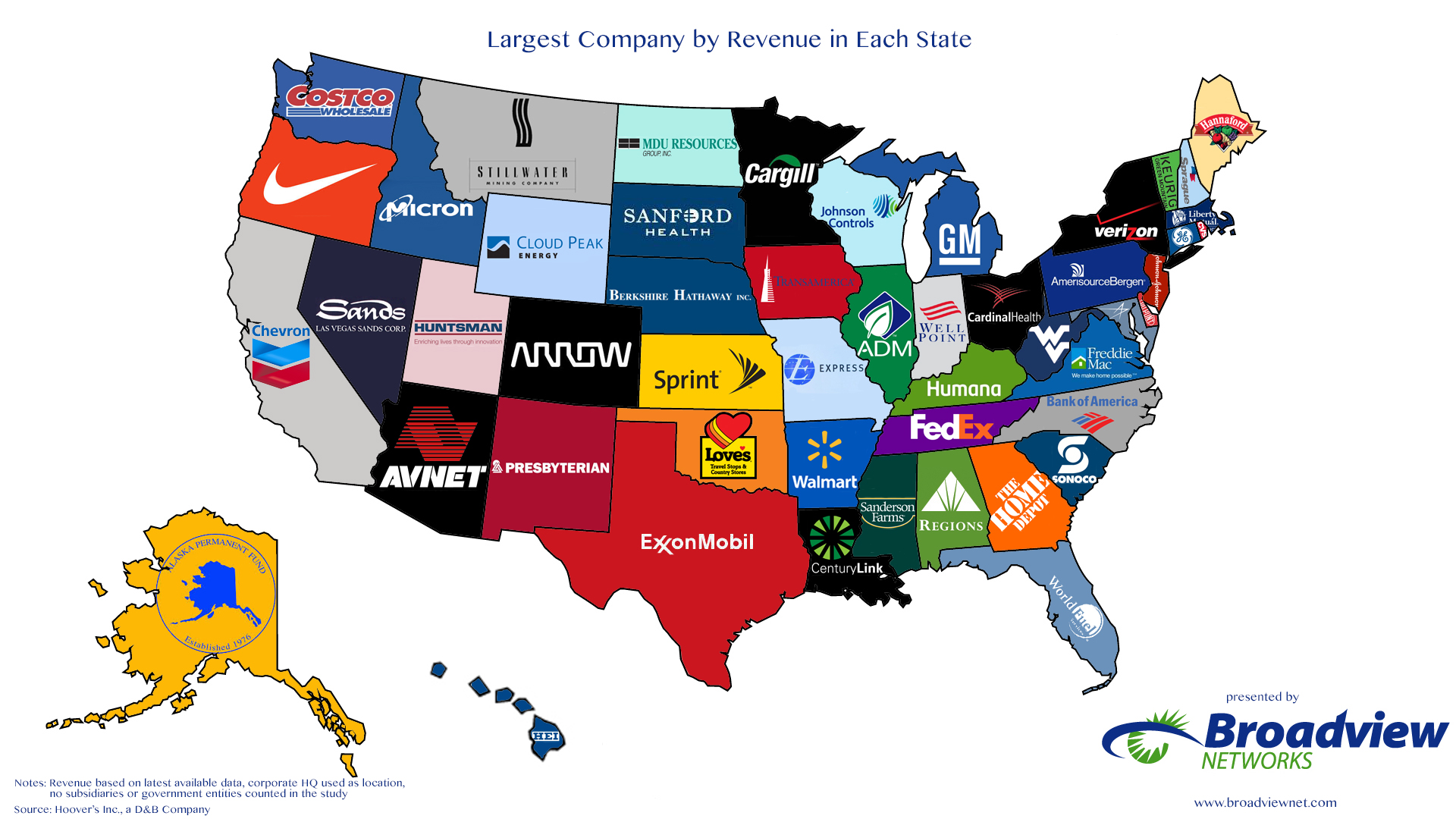So much for the Roberts Supreme Court. Conservatives would suggest that the court is intent on protecting the Constitution from assault by progressive liberals and upholding its libertarian conservativism. Yet, protections of and for the individual seem to have taken a backseat to recent rulings that promote corporate power — a somewhat new invention; perhaps, none more so than recent decisions that ruled corporations to be “people”. But the court is not standing still — not content with animating a business with lifeblood, soon, the court is likely to establish whether corporations have a religious spirit as well as individual sentience. Sticks of oxymoronic progressivism.
From the Washington Post:
If you thought this “corporations are people” business was getting out of hand, brace yourself. On Tuesday, the Supreme Court accepted two cases that will determine whether a corporation can deny contraceptive coverage to its female employees because of its religious beliefs.
The cases concern two of the most politically charged issues of recent years: who is exempted from the requirements of the Affordable Care Act, and whether application of the First Amendment’s free speech protections to corporations, established by the court’s 2010 decision in Citizens United, means that the First Amendment’s protections of religious beliefs must also be extended to corporations.
The Affordable Care Act requires employers to offer health insurance that covers contraception for their female employees. Churches and religious institutions are exempt from that mandate. But Hobby Lobby, a privately owned corporation that employs 13,000 people of all faiths — and, presumably, some of no faith — in its 500 craft stores says that requiring it to pay for contraception violates its religious beliefs — that is, the beliefs of its owners, the Green family.
In a brief submitted to a federal court, the Greens said that some forms of contraception — diaphragms, sponges, some versions of the pill — were fine by them, but others that prevented embryos from implanting in the womb were not. The U.S. Court of Appeals for the 10th Circuit upheld the Greens’ position in June in a decision explicitly based on “the First Amendment logic of Citizens United.” Judge Timothy Tymkovich wrote: “We see no reason the Supreme Court would recognize constitutional protection for a corporation’s political expression but not its religious expression.”
Tymkovich’s assessment of how the five right-wing justices on the Supreme Court may rule could prove correct — but what a mess such a ruling would create! For one thing, the Green family’s acceptance of some forms of contraception and rejection of others, while no doubt sincere, suggests that they, like many people of faith, adhere to a somewhat personalized religion. The line they draw is not, for instance, the same line that the Catholic Church draws.
Individual believers and non-believers draw their own lines on all kinds of moral issues every day. That’s human nature. They are free to say that their lines adhere to or are close to specific religious doctrines. But to extend the exemptions that churches receive to secular, for-profit corporations that claim to be following religious doctrine, but may in fact be nipping it here and tucking it there, would open the door to a range of idiosyncratic management practices inflicted on employees. For that matter, some religions have doctrines that, followed faithfully, could result in bizarre and discriminatory management practices.
The Supreme Court has not frequently ruled that religious belief creates an exemption from following the law. On the contrary, in a 1990 majority opinion, Justice Antonin Scalia wrote that Native Americans fired for smoking peyote as part of a religious ceremony had no right to reinstatement. It “would be courting anarchy,” Scalia wrote in Employment Division v. Smith, to allow them to violate the law just because they were “religious objectors” to it. “An individual’s religious beliefs,” he continued, cannot “excuse him from compliance with an otherwise valid law.”
It will be interesting to see whether Scalia still believes that now that he’s being confronted with a case where the religious beliefs in question may be closer to his own.
The other issue all this raises: Where does this corporations-are-people business start and stop? Under the law, corporations and humans have long had different standards of responsibility. If corporations are treated as people, so that they are free to spend money in election campaigns and to invoke their religious beliefs to deny a kind of health coverage to their workers, are they to be treated as people in other regards? Corporations are legal entities whose owners are not personally liable for the company’s debts, whereas actual people are liable for their own. Both people and corporations can discharge their debts through bankruptcy, but there are several kinds of bankruptcy, and the conditions placed on people are generally far more onerous than those placed on corporations. If corporations are people, why aren’t they subject to the same bankruptcy laws that people are? Why aren’t the owners liable for corporate debts as people are for their own?
Read the entire article here.


 Is your business jewish? Does your corporation follow the book of tao or the book of mormon or those of shadows (wicca) or yasna (zoroastrianism)? Or, is your company baptist, muslim, hindu or atheist or a practitioner in one of the remaining estimated 4,200 belief systems?
Is your business jewish? Does your corporation follow the book of tao or the book of mormon or those of shadows (wicca) or yasna (zoroastrianism)? Or, is your company baptist, muslim, hindu or atheist or a practitioner in one of the remaining estimated 4,200 belief systems?
 Social scientists have had Generation-Y, also known as “millenials”, under their microscopes for a while. Born between 1982 and 1999, Gen-Y is now coming of age and becoming a force in the workplace displacing aging “boomers” as they retire to the hills. So, researchers are now looking at how Gen-Y is faring inside corporate America. Remember, Gen-Y is the “it’s all about me generation”; members are characterized as typically lazy and spoiled, have a grandiose sense of entitlement, inflated self-esteem and deep emotional fragility. Their predecessors, the baby boomers, on the other hand are often seen as over-bearing, work-obsessed, competitive and narrow-minded. A clash of cultures is taking shape in office cubes across the country as these groups, with such differing personalities and philosophies, tussle within the workplace. However, it may not be all bad, as columnist Emily Matchar, argues below — corporate America needs the kind of shake-up that Gen-Y promises.
Social scientists have had Generation-Y, also known as “millenials”, under their microscopes for a while. Born between 1982 and 1999, Gen-Y is now coming of age and becoming a force in the workplace displacing aging “boomers” as they retire to the hills. So, researchers are now looking at how Gen-Y is faring inside corporate America. Remember, Gen-Y is the “it’s all about me generation”; members are characterized as typically lazy and spoiled, have a grandiose sense of entitlement, inflated self-esteem and deep emotional fragility. Their predecessors, the baby boomers, on the other hand are often seen as over-bearing, work-obsessed, competitive and narrow-minded. A clash of cultures is taking shape in office cubes across the country as these groups, with such differing personalities and philosophies, tussle within the workplace. However, it may not be all bad, as columnist Emily Matchar, argues below — corporate America needs the kind of shake-up that Gen-Y promises.
 The world will miss Steve Jobs.
The world will miss Steve Jobs.